« Pour les Anciens comme pour les mystiques, ce champ qu’ils s’accordent à reconnaître comme celui de la divinité se situe au-delà du plaisir et du déplaisir, au-delà du bien comme du mal. Quiconque veut y pénétrer et s’y aventurer, doit consentir à s’y perdre. »
Catherine Millot, La Vie Parfaite (Gallimard, 2006)
« The Ancients and the mystics alike situate the divine field beyond pleasure and displeasure, beyond good and evil. Whoever wishes to penetrate and venture there must consent to lose him/her self there. »
Catherine Millot, The Perfect Life (Gallimard, 2006)
***
« Think neither good nor evil. At such a moment, what is the True Self of Monk Myo? »
The Sixth Patriarch of Zen, to Monk Myo (Mumonkan, Case 23)


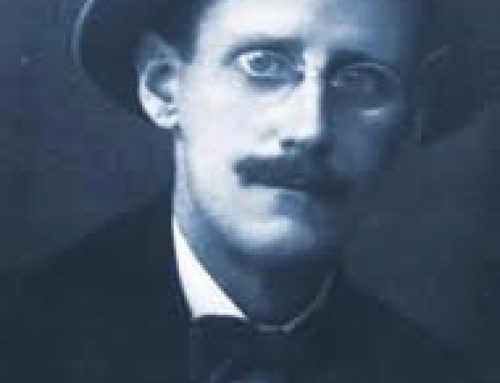
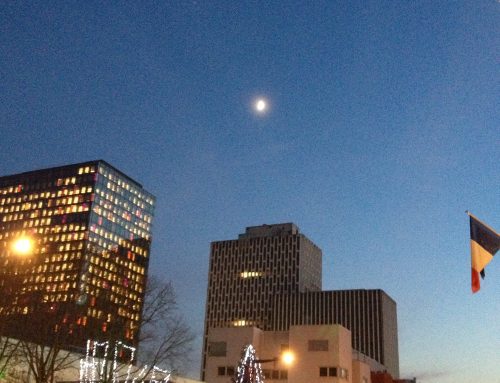
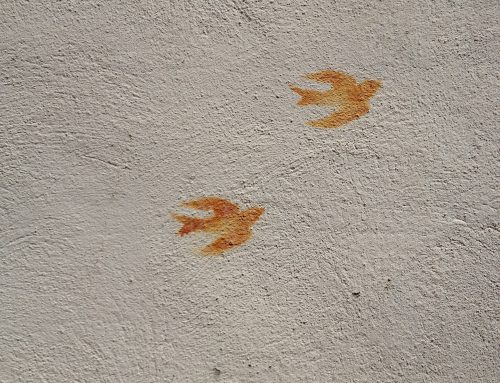
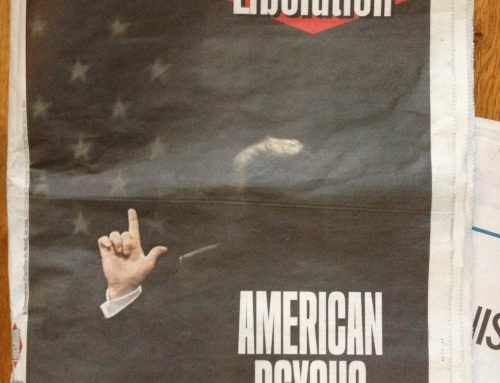
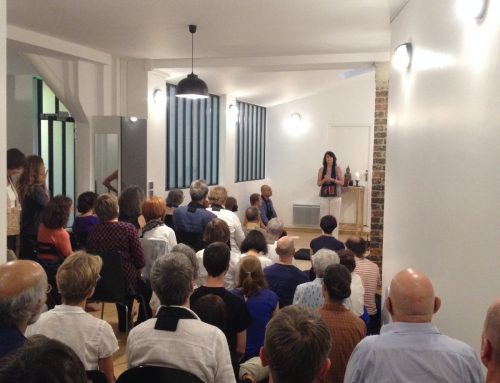






Very true… I was just seeing the blossoming side
And when it wilts? And shrivels and dies? In the arid desert? In the desolation of empty night? Abandoned? Alone?
"Think neither good nor evil. At such a moment, what is the True Self of Monk Myo?"
Nothing and Everything. No One and All. Me and You.
The wild flower blossoms equal in the virgin forest as in the dirty city field. The wild flower sees no diference, sees no good or evil. Just blossoms.
A monk (Seizei) once said to Master Sozan, "I am poor and destitute. I beg you, O Master, please help me and make me rich."
Sozan said, "Venerable Seizei!"
"Yes, Master," replied Seizei.
Sozan remarked, "Having tasted three cups of the best wine of Seigen, do you still say that your lips are not yet moistened?"
(Mumonkan, Case 10)
The divine field beyond, ah yes, let me think…
Wait, let me sip my wine first… it’ll come to me..